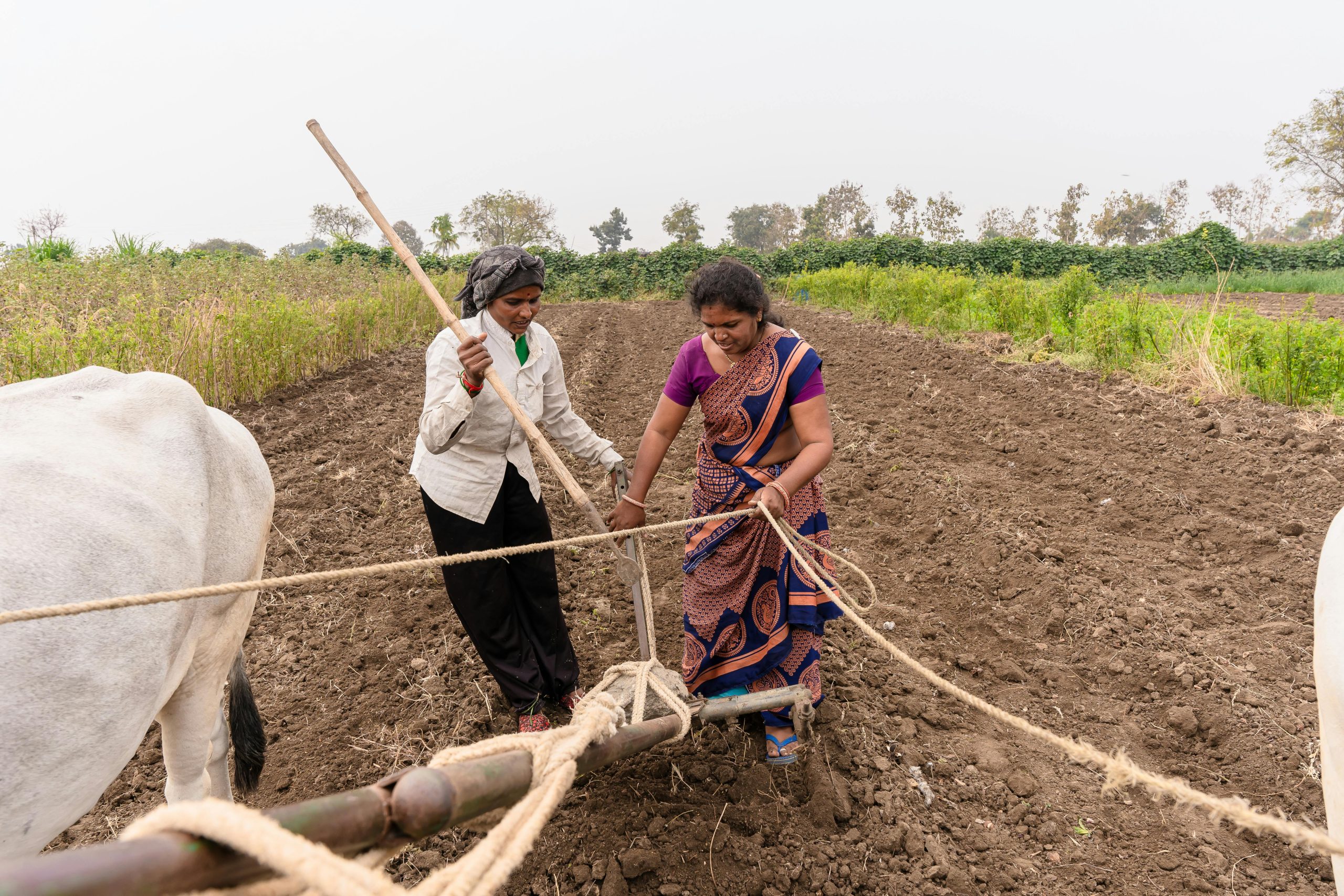As the demand for sustainable agriculture grows, livestock farmers are increasingly adopting eco-friendly practices to enhance productivity while minimizing environmental impact. Sustainable farming not only benefits the planet but also improves animal welfare, reduces costs, and boosts long-term profitability. By integrating innovative techniques and traditional wisdom, farmers can create a balanced ecosystem that supports both their livelihoods and the environment.
1. Rotational Grazing for Soil Health and Pasture Management
Rotational grazing is a proven method to maintain healthy pastures and improve soil fertility. Instead of allowing livestock to graze freely on a single plot, farmers divide pastures into smaller paddocks and rotate animals between them. This practice offers several benefits:
- Prevents overgrazing: Giving pastures time to recover promotes lush regrowth and prevents soil erosion.
- Enhances soil fertility: Manure distribution becomes more even, enriching the soil with organic matter.
- Reduces parasite load: Rotational breaks disrupt parasite life cycles, lowering the need for chemical dewormers.
Farmers can further optimize rotational grazing by using portable fencing and monitoring grass growth to adjust rotation schedules seasonally.
2. Organic Feed and Reduced Antibiotic Use
Switching to organic or non-GMO feed reduces reliance on synthetic pesticides and fertilizers, which can harm ecosystems. Additionally, minimizing antibiotic use helps prevent antibiotic resistance and supports healthier livestock. Key strategies include:
- Growing feed locally: Reduces transportation emissions and ensures fresher, nutrient-rich feed.
- Incorporating herbal supplements: Plants like garlic, oregano, and turmeric boost immunity naturally.
- Practicing preventive care: Regular health checks, clean housing, and stress reduction lower disease risks.
By prioritizing natural nutrition and holistic health management, farmers can produce higher-quality meat, milk, and eggs while reducing environmental contamination.
3. Manure Management and Composting
Livestock manure is a valuable resource when managed properly. Instead of letting it pollute waterways, farmers can convert it into nutrient-rich compost or biogas. Effective manure management includes:
- Composting: Aerobic decomposition of manure produces organic fertilizer, improving soil structure and crop yields.
- Biogas production: Anaerobic digesters convert manure into renewable energy, reducing methane emissions.
- Proper storage: Covered manure pits prevent nutrient runoff and odor issues.
These methods not only reduce waste but also create additional revenue streams through fertilizer sales or renewable energy credits.
4. Water Conservation and Renewable Energy
Water and energy are critical resources in livestock farming. Implementing conservation measures can significantly reduce operational costs and environmental footprints. Best practices include:
- Rainwater harvesting: Collecting and storing rainwater for irrigation and livestock use.
- Efficient watering systems: Automatic waterers and drip irrigation minimize waste.
- Solar or wind energy: Installing renewable energy systems reduces dependence on fossil fuels.
Farmers can also explore energy-efficient barn designs, such as passive solar heating, to further cut energy consumption.
5. Agroforestry and Biodiversity Enhancement
Integrating trees and shrubs into livestock systems (agroforestry) offers multiple ecological and economic benefits. Trees provide shade, windbreaks, and additional forage while sequestering carbon. Farmers can enhance biodiversity by:
- Planting native species: Supports pollinators and wildlife while preventing soil degradation.
- Creating silvopastures: Combining trees with pastureland improves microclimates for livestock.
- Establishing buffer strips: Vegetation along waterways filters runoff and protects aquatic ecosystems.
Agroforestry systems not only improve farm resilience but also open opportunities for diversified income through timber, fruit, or nut production.
Conclusion
Adopting sustainable, eco-friendly practices is no longer optional for livestock farmers—it’s a necessity for long-term success. From rotational grazing and organic feed to manure management and renewable energy, these strategies enhance productivity while safeguarding natural resources. By embracing innovation and working in harmony with nature, farmers can ensure a thriving future for their operations and the planet. Start small, experiment with these methods, and witness the transformative impact of sustainable farming.
